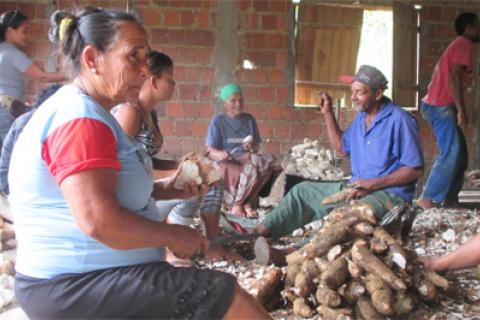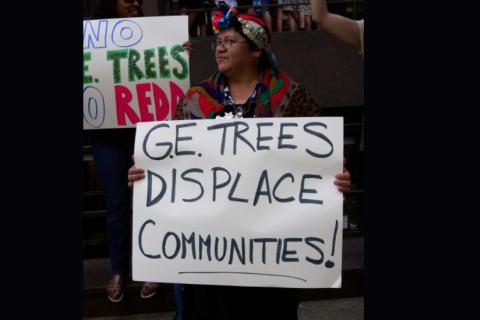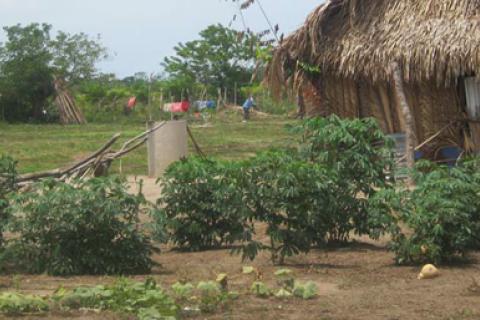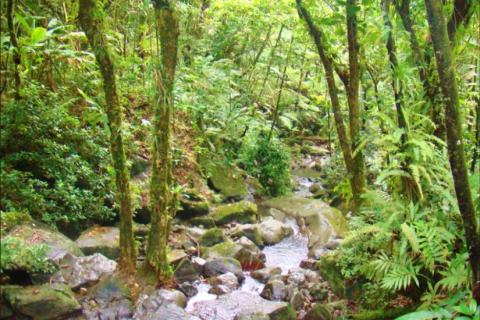Myth: Sustainable Forest Management will reduce forest emissions and bring sustainable development.
Bulletin articles
Dismantle the power of transnational plantation corporations!
There is no “smart monoculture”: Support the People’s Climate March!
Genetic engineering allows scientists to modify trees by inserting genetic material from another tree of the same species, from another tree species or from another species altogether. The attempts by research and plantation companies in the US, Brazil and other countries to commercialize engineered trees are posing an enormous risk to the world’s forests.
In the early 17th century, during the colonial era, shipwrecked Africans reached the Caribbean coast, inhabited by the Kalinagu or Caribe people. Over the years, cultural syncretism gave rise to the ethnic identity of the Garifuna people. The fusion produced the Garifuna language, religion and traditions. The Garifuna people settled river estuaries and marshes on the coasts of several Central American countries, where they engaged in fishing and subsistence agriculture.











